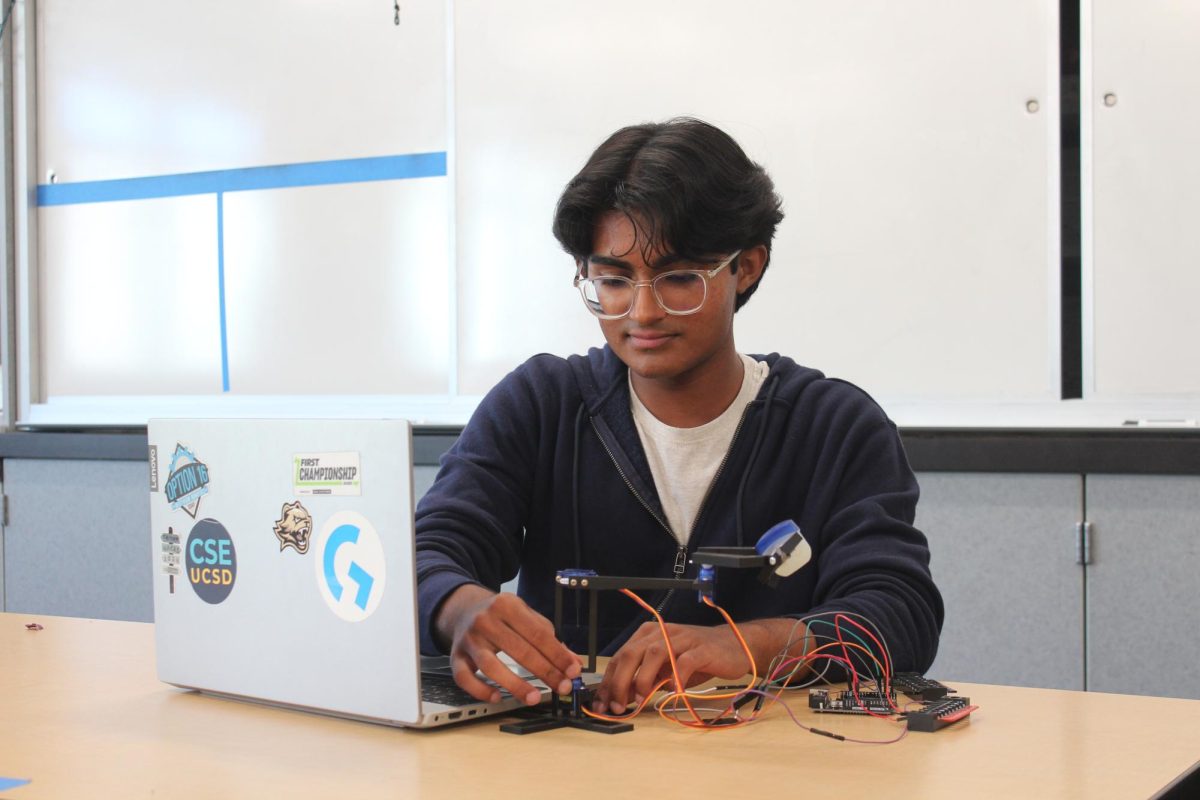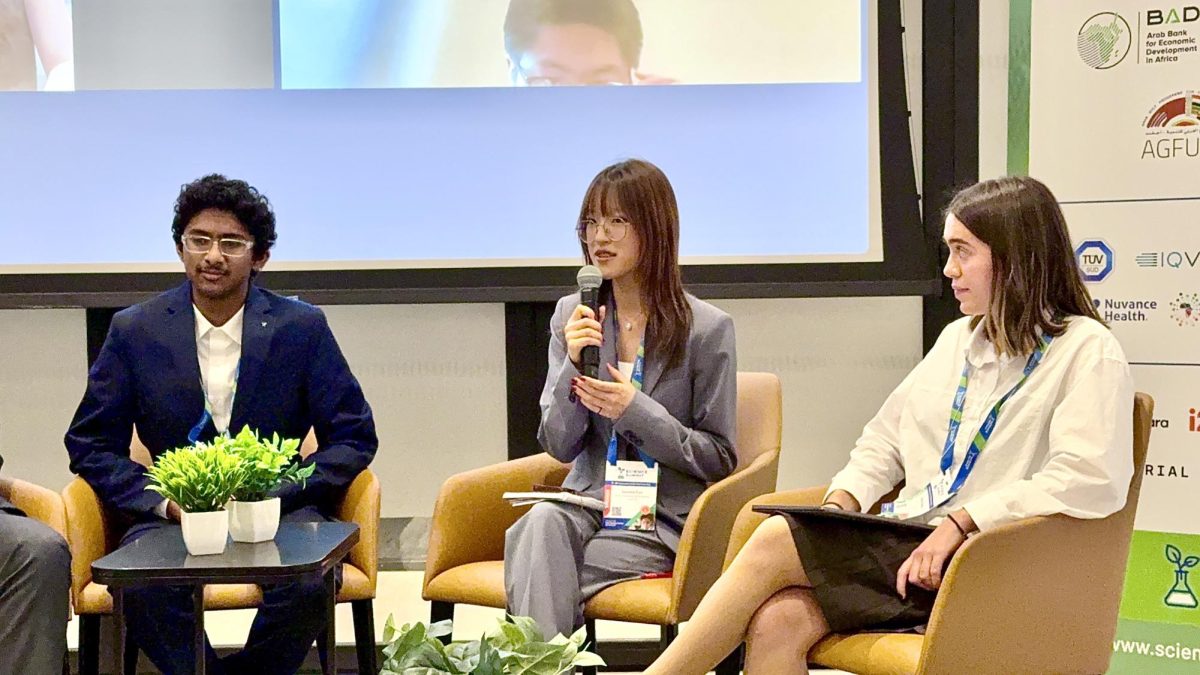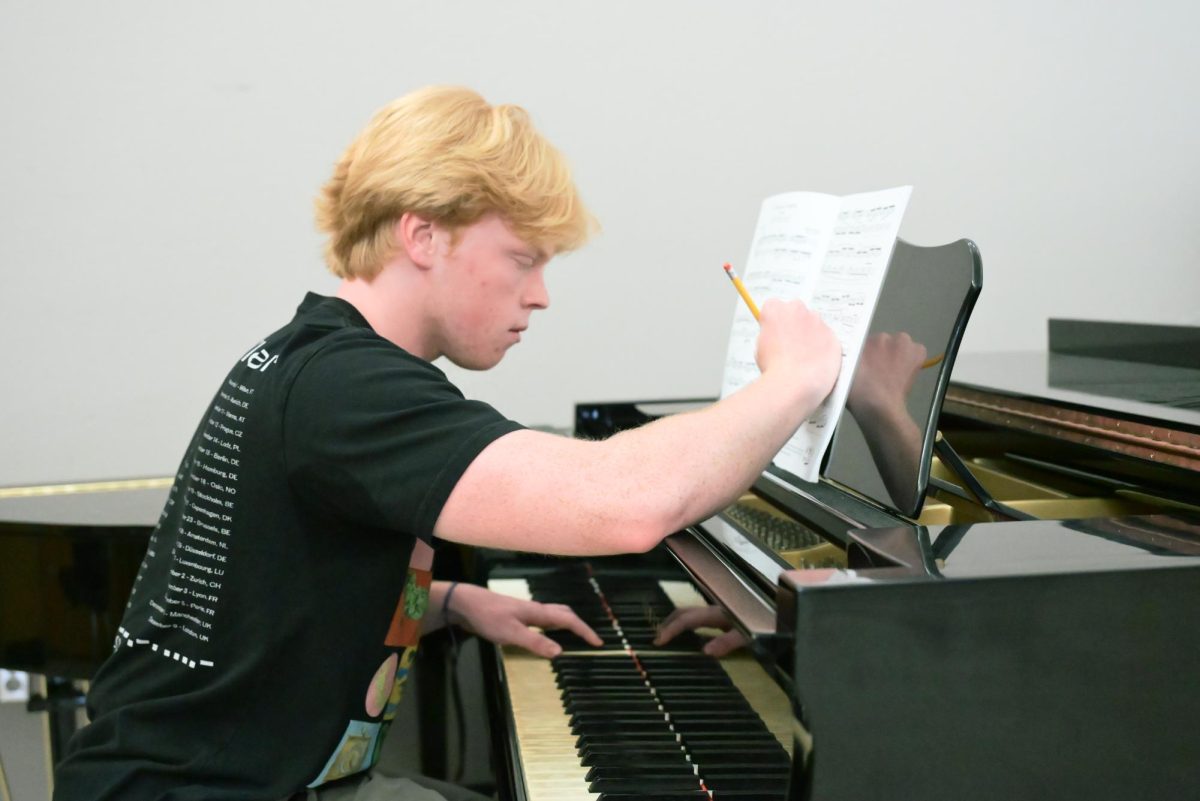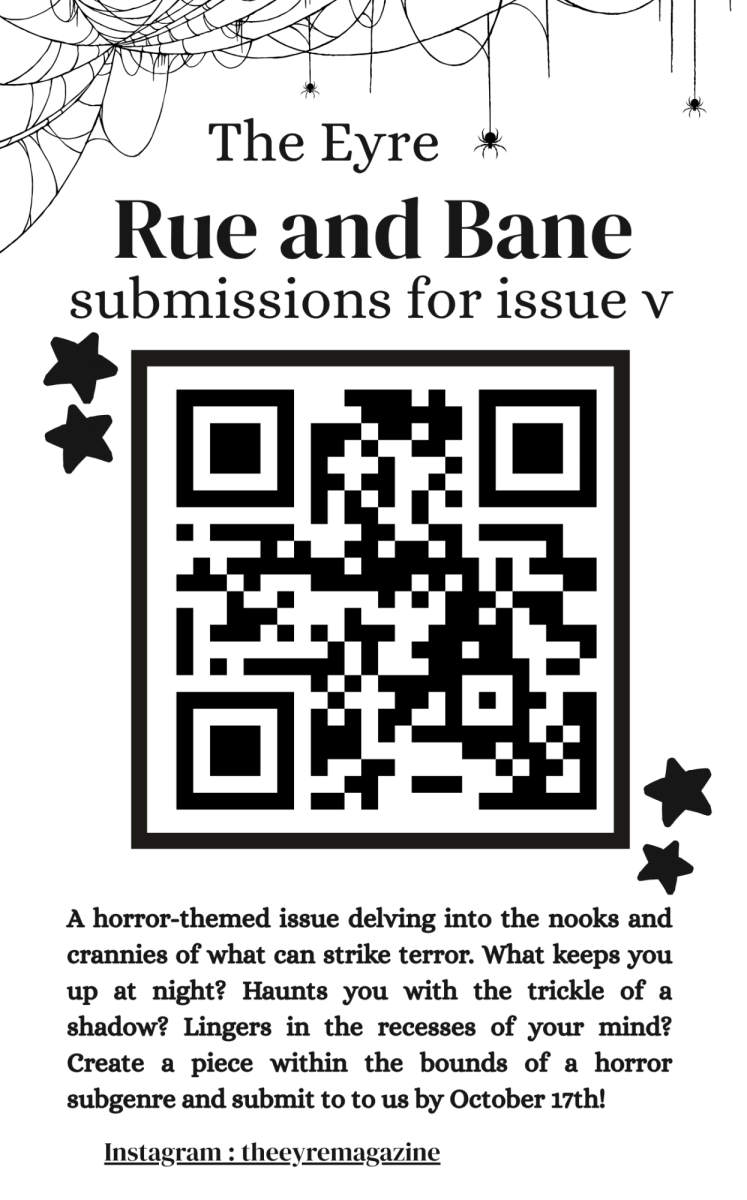Every day at Wolverine Time, students pile into English teacher Stephanie Tanaka’s classroom for Writers Workshop, a student-run mentoring program designed to help them succeed in Tanaka’s classes. Pio Ryu (11), a Writers Workshop mentor, had initially struggled in his 9th grade Honors English class. Writers workshop helped him improve his writing and literary analysis skills to achieve success, contributing to his decision to pay that success forward by helping other students as a mentor.
“I had received a lot of instruction from the [mentors],” Ryu said. “I wanted to pay it back. It’s a really big blessing to be able to help other students in the way that I was helped because English is really hard.”
Mentors aim to help students understand their assignments, whether it be the analysis of a piece of writing or a rough draft of an important paper. Senior executive mentor Grace Pham-Nguyen (12) said a mentor is intended to help and guide, but not to provide the students with clear cut responses to their questions.
“We’re not there to give them the answers,” Pham-Nguyen said. “We’re not there to say ‘this is what Tanaka wants’ or ‘this is how you’re going to get a good grade.’”
Instead, the mentors ask students thought-provoking questions so that they are able to come up with realizations on their own and develop skills that can be transferred to other classes such as AP English Language or AP Literature.
“It’s about teaching students the skills they can use in future assignments and in life, helping them build the confidence and mindset to approach challenges in a new way.”
When he was a mentee, Ryu was able to benefit from this unique approach to mentoring.
“Writers Workshop helped me gain a more thorough understanding of literary techniques and helped me develop lines of reasoning to support either a sub thesis or a main thesis,” Ryu said. “This same thought process could then be used for any piece of literature, helping me become the writer I am today.”
According to Pham-Nguyen, since not all students have the same learning style, the workshop’s mentor-mentee system allows students to benefit from a customized learning experience.
“[Maybe] they’re a visual learner, they’re a listener or they need things to practice with,” Pham-Nguyen said. “The students are able to pair up with these mentors and specifically ask them in-depth questions that they might have in class.”
In addition to each student having their own learning style, Pham-Nguyen said each mentor has their own unique way of mentoring.
“I like to do visual stuff,” Pham-Nguyen said. “I like doing diagrams and mind maps. I typically do that type of brainstorming when students are having trouble identifying something.”
Mentoring has helped Pham’s self esteem just as it aims to help the mentees, proving to be a rewarding organization on both sides of the coin.
“It’s not just about helping others, it’s about the trust they place in me,” Pham-Nguyen said. “When they turn to me for advice or support, it helps me build my own confidence too. Helping them build confidence and navigate challenges is quite rewarding.”
Although English was at first a challenge for Ryu, he says that success, with the right guidance, in English courses doesn’t have to be viewed as unattainable .
“English doesn’t have to be a course to dislike or even fear,” Ryu said. “In fact, I found English to be very enjoyable as I became a better writer.”





